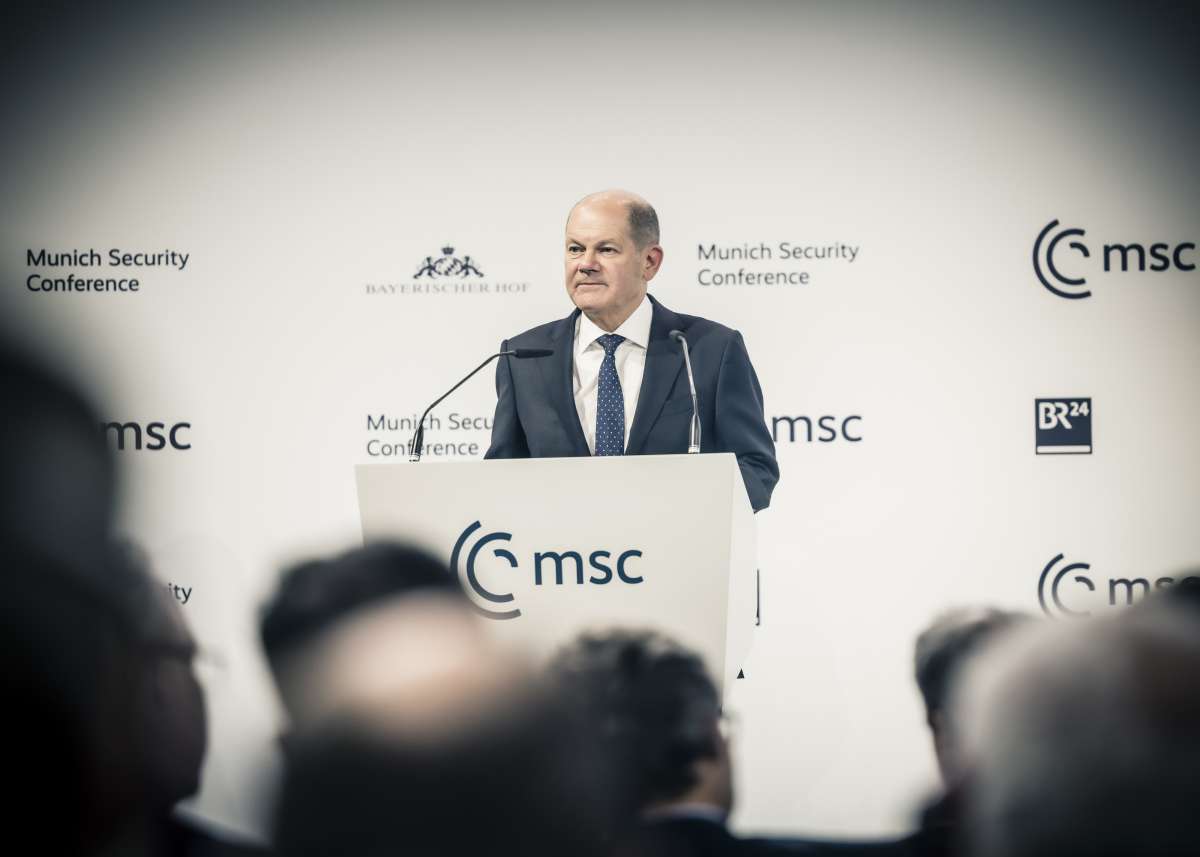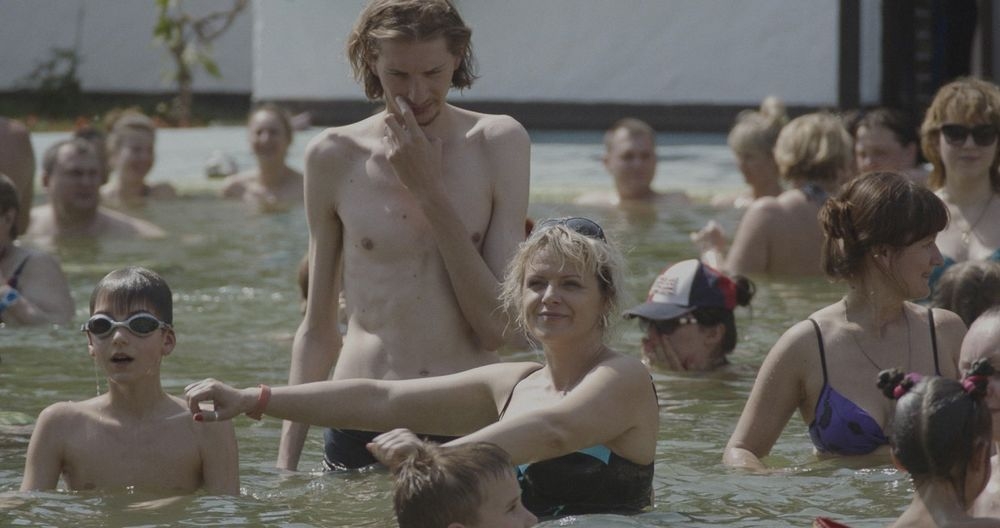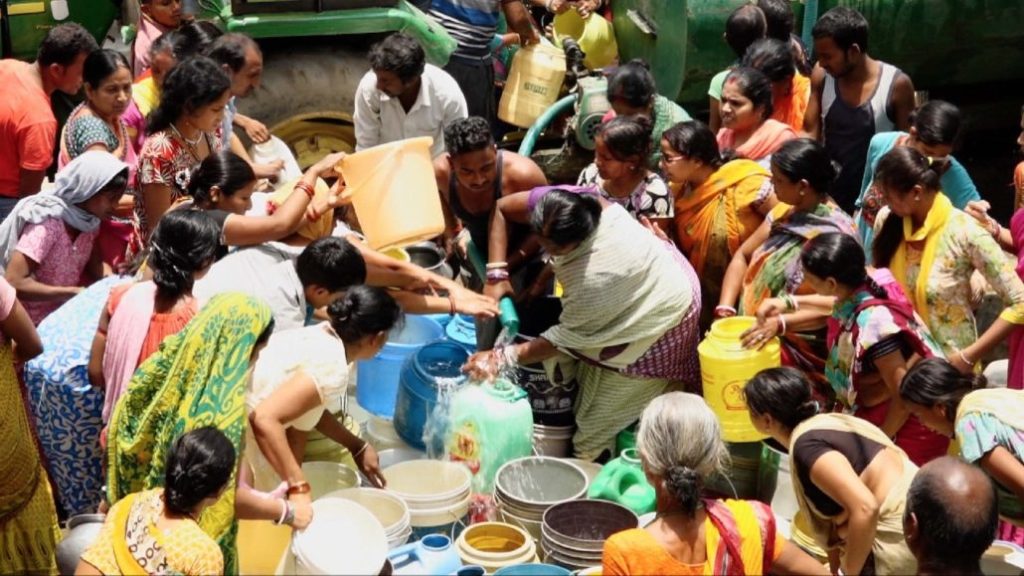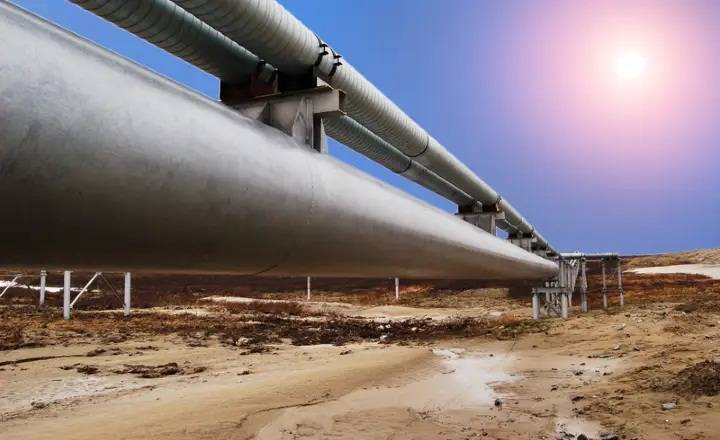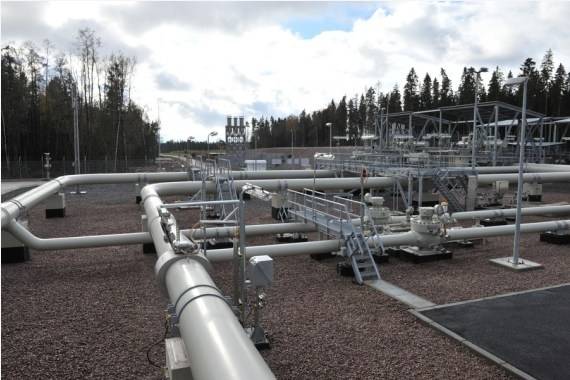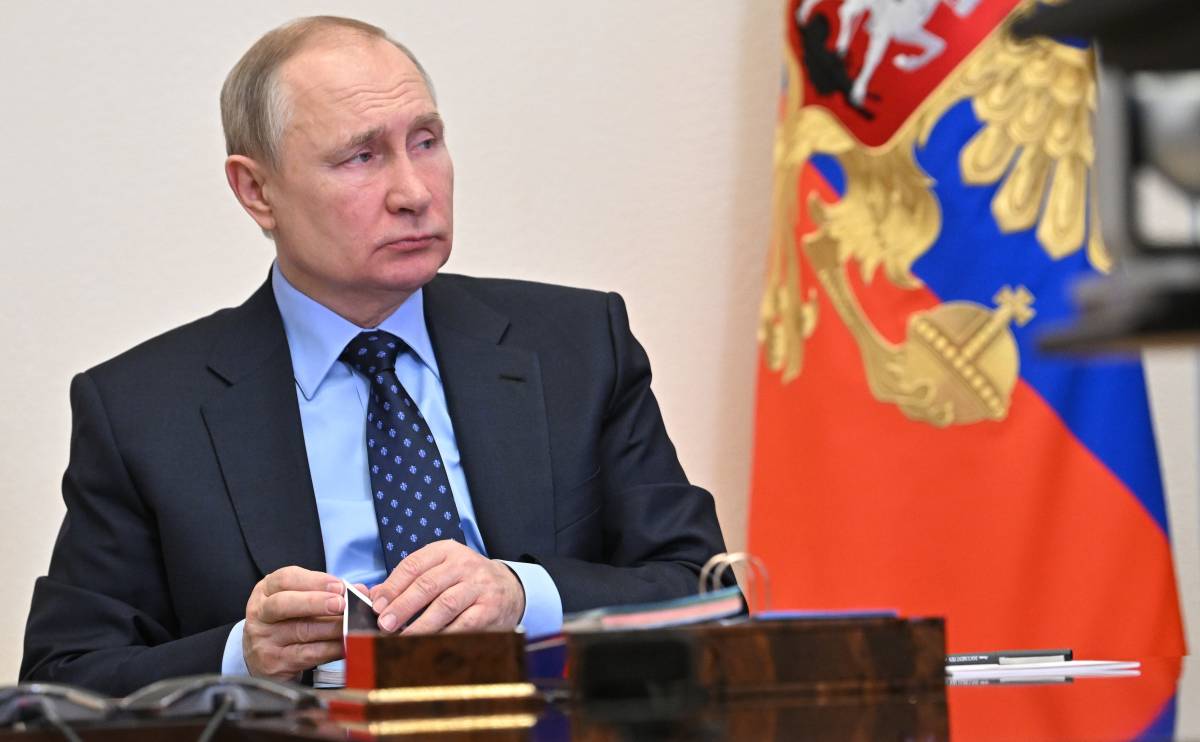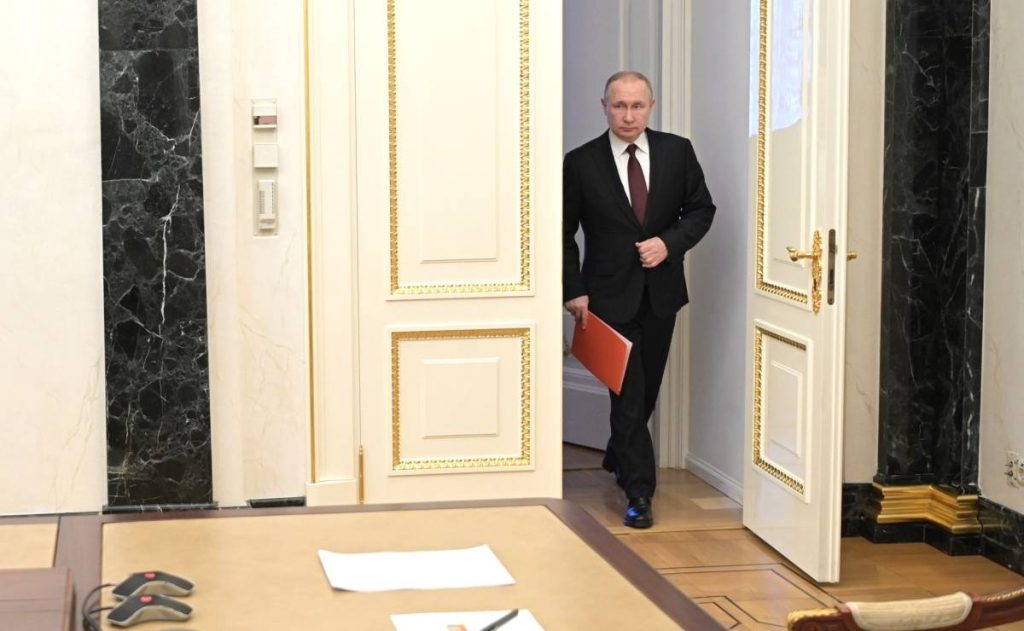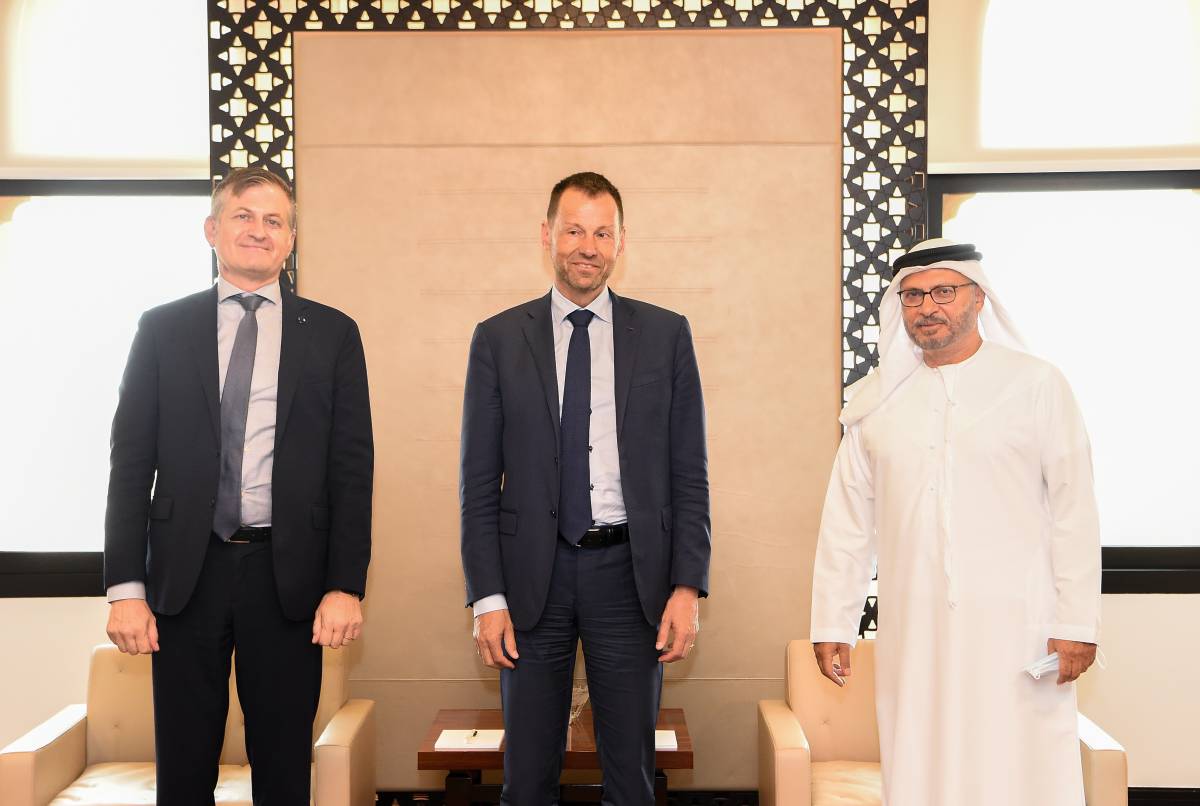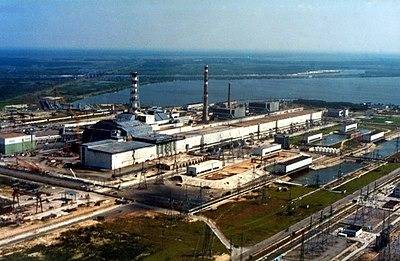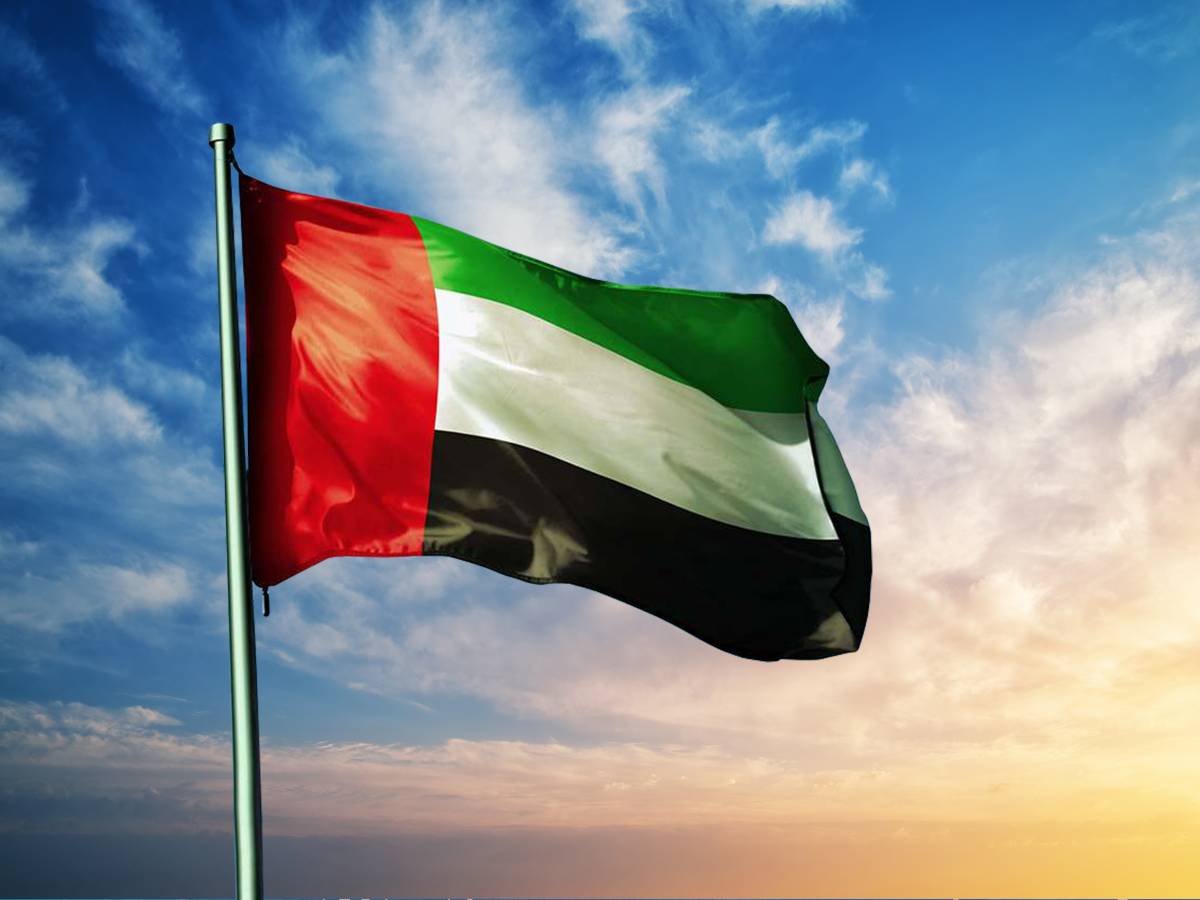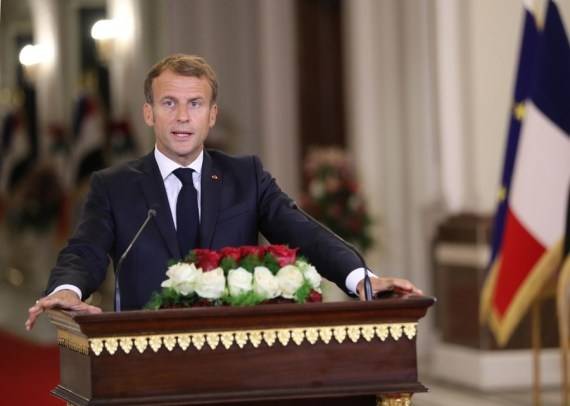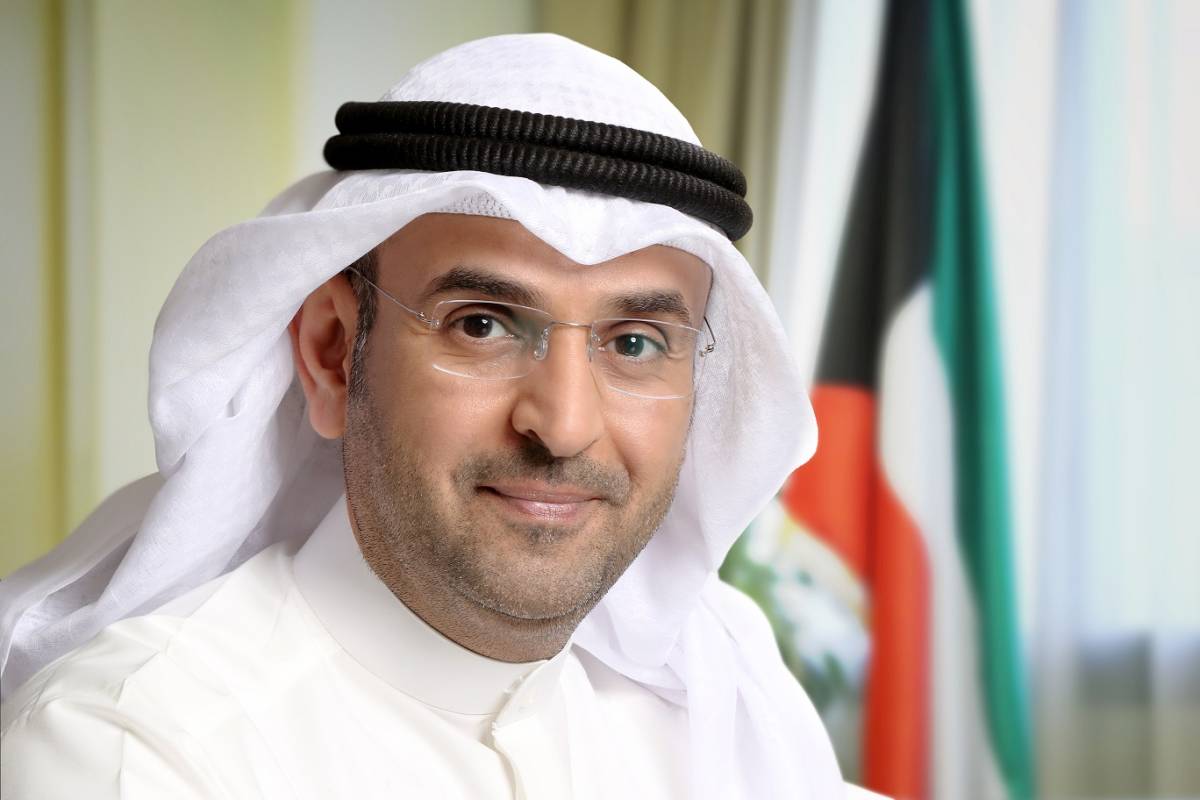Germany, who in recent months came under growing pressure over its apparent hesitation to send weapons to Ukraine, agreed in January to allow German-made, heavy Leopard tanks to be sent to the war-torn nation.
Addressing the Munich Security Conference (MSC), German Chancellor Olaf Scholz said that his country will “very soon” deploy the Leopard tanks in Ukraine.
In his speech at the MSC on Friday which comes just days ahead of the first anniversary of the ongoing invasion, the Chancellor said it was “wise to prepare for a long war” and show Russian President Vladimir Putin that Germany and its allies would not give up on Ukraine, reports the BBC.
“Putin’s revisionism will not win. Ukraine is more united than ever. The EU stands united and behind Ukraine’s future EU membership. And NATO is growing by two new members.
“It is not our arms deliveries that are prolonging the war. On the contrary: the sooner President Putin realizes that he will not achieve his imperialist goal, the greater the chance that the war will end soon and that Russian troops will withdraw,” he was quoted as saying.
The MSC which is an annual gathering of leaders, officials and diplomats, also saw the attendance of French President Emmanuel Macron, US Vice President Kamala Harris, US Secretary of State Antony Blinken as well as 30 European heads of government.
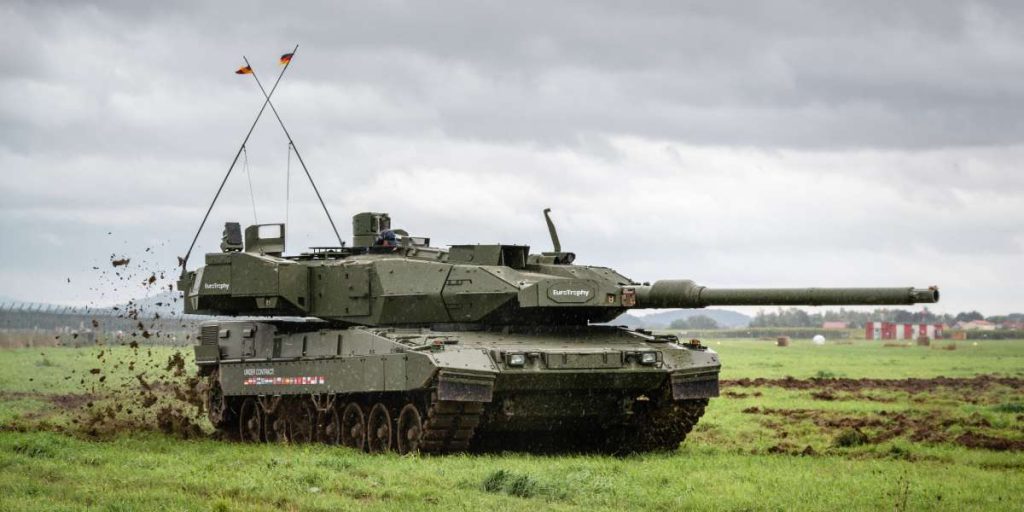
Germany, who in recent months came under growing pressure over its apparent hesitation to send weapons to Ukraine, agreed in January to allow German-made, heavy Leopard tanks to be sent to the war-torn nation, the BBC reported.
It also allowed other countries to send their Leopard 2 tanks to Ukraine, which was restricted until now under export regulations.
No Russian officials have been invited to the Conference.
ALSO READ: US General: Diplomatic talks to end Russia-Ukraine war

